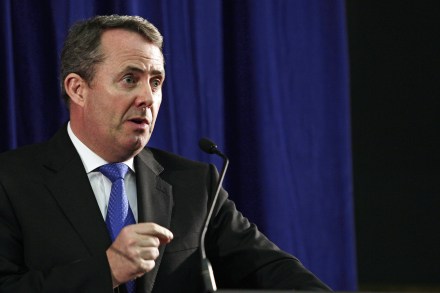Cameron: military action not out of the question in Libya
The government’s game of catch-up on Libya continues apace. David Cameron came to the Commons to update the House on the current situation. His main message was now that we have the vast majority of our citizens out, we can have a policy. Indeed, the government is today openly admitting that it was hamstrung last week by the continuing presence of a large number of British nationals in Tripoli. Cameron told the House that ‘we do not in any way rule out the use of military assets’; a dramatic shift from the tone of his entourage on last week’s trip. At the moment, the main military option on the table



















